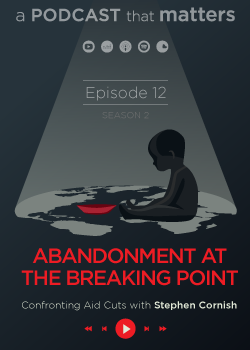Print

Circular Agri-Food Ecosystems: Bringing Nutrients Back to the Soil: CAFE
Details
Locations:France
Start Date:Oct 1, 2022
End Date:Mar 31, 2025
Contract value: EUR 264,693
Sectors: Agriculture, Pollution & Waste Management (incl. treatment)
Description
Programme(s): HORIZON.1.2 - Marie Skłodowska-Curie Actions (MSCA)
Topic(s): HORIZON-MSCA-2021-PF-01-01 - MSCA Postdoctoral Fellowships 2021
Call for proposal: HORIZON-MSCA-2021-PF-01
Funding Scheme: HORIZON-AG-UN - HORIZON Unit Grant
Grant agreement ID: 101063239
Objective:
"In current ""conventional"" agricultural practices, most farmers depend on synthetic fertilizers and nutrients extracted during harvests are seldom brought back to the soil. This open-circuit organization of food systems induces the prospect of phosphate shortage and consumes large amounts of abiotic resources and energy to generate fertilizers or process nutrients once they end up in sewage. Such a linear and extractive system, together with current fertilizer application methods, has incurred great social and environmental costs around the world, leading to significant biodiversity loss, soil erosion and salinisation as well as nutrient leaching. Finally, animal-based diets in the largest economies further increase the pressure on food systems as feeding animals inflates land and nutrient use.
Source separation of organic matter and its recovery are likely to be critical for the long-term sustainability of the agri-food and waste-management systems in an increasingly urban world. Indeed, the transformation of kitchen or green waste and human excreta can provide invaluable resources such as compost, fertilizers, or energy and eventually remove the need for synthetic fertilizers.
This project will develop prospective scenarios for nutrient recovery and assess how far they can bring the agri-food system on the path to circularity. Using complex networks and systems methods, we will convert and analyze existing datasets to generate logistics networks associated to these scenarios. These networks will model the fluxes of organic matter between sources (habitations), processing or storage locations, and sinks (parcels). We will also assess the impact of dietary changes and low-fertilizer or agro-ecological practices compared to business-as-usual situations. This will enable us to evaluate the technical feasibility of these recovery scenarios and quantify how much they improve agri-food sustainability and can help local actors tackle their socio-ecological transition."

